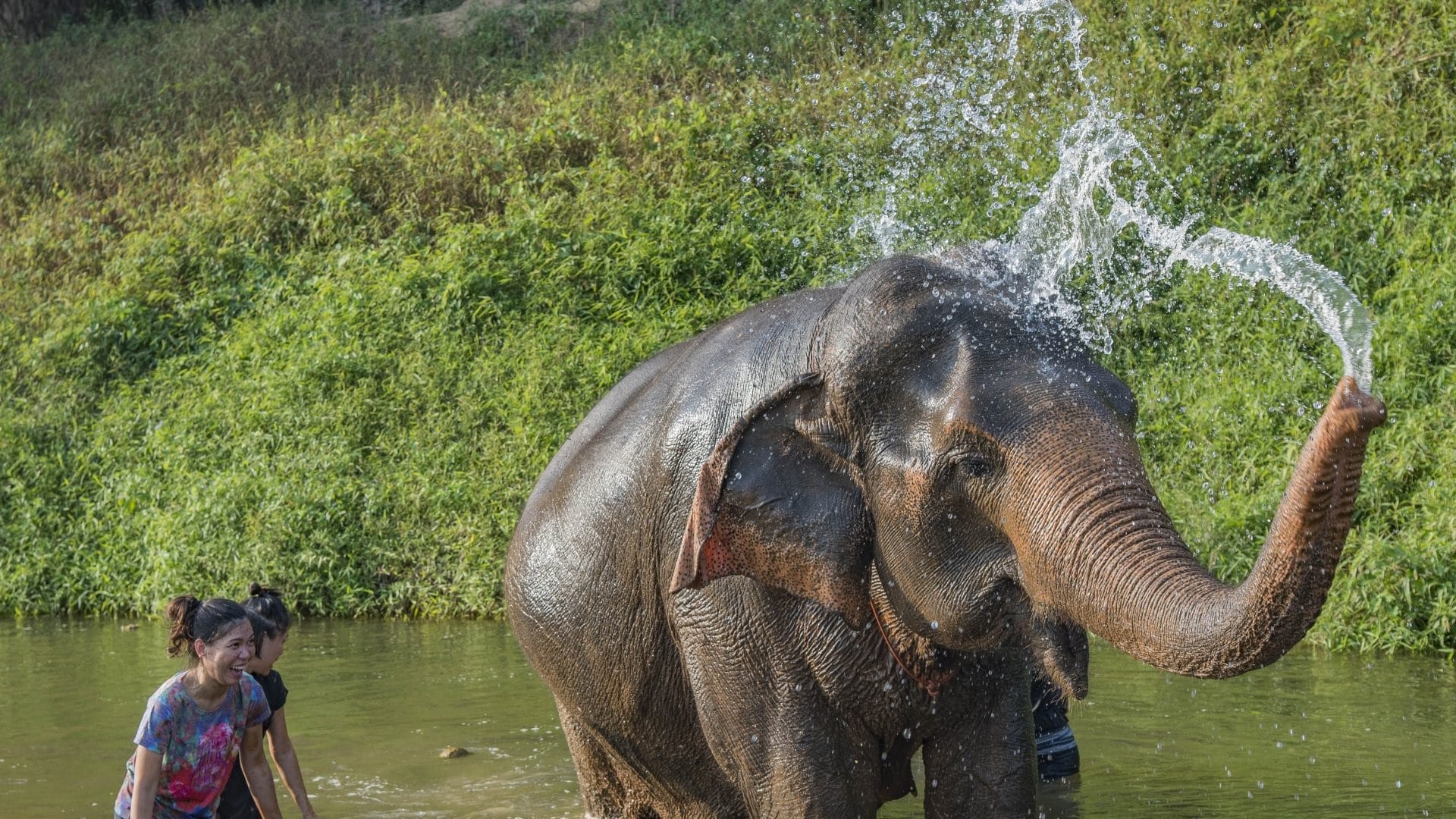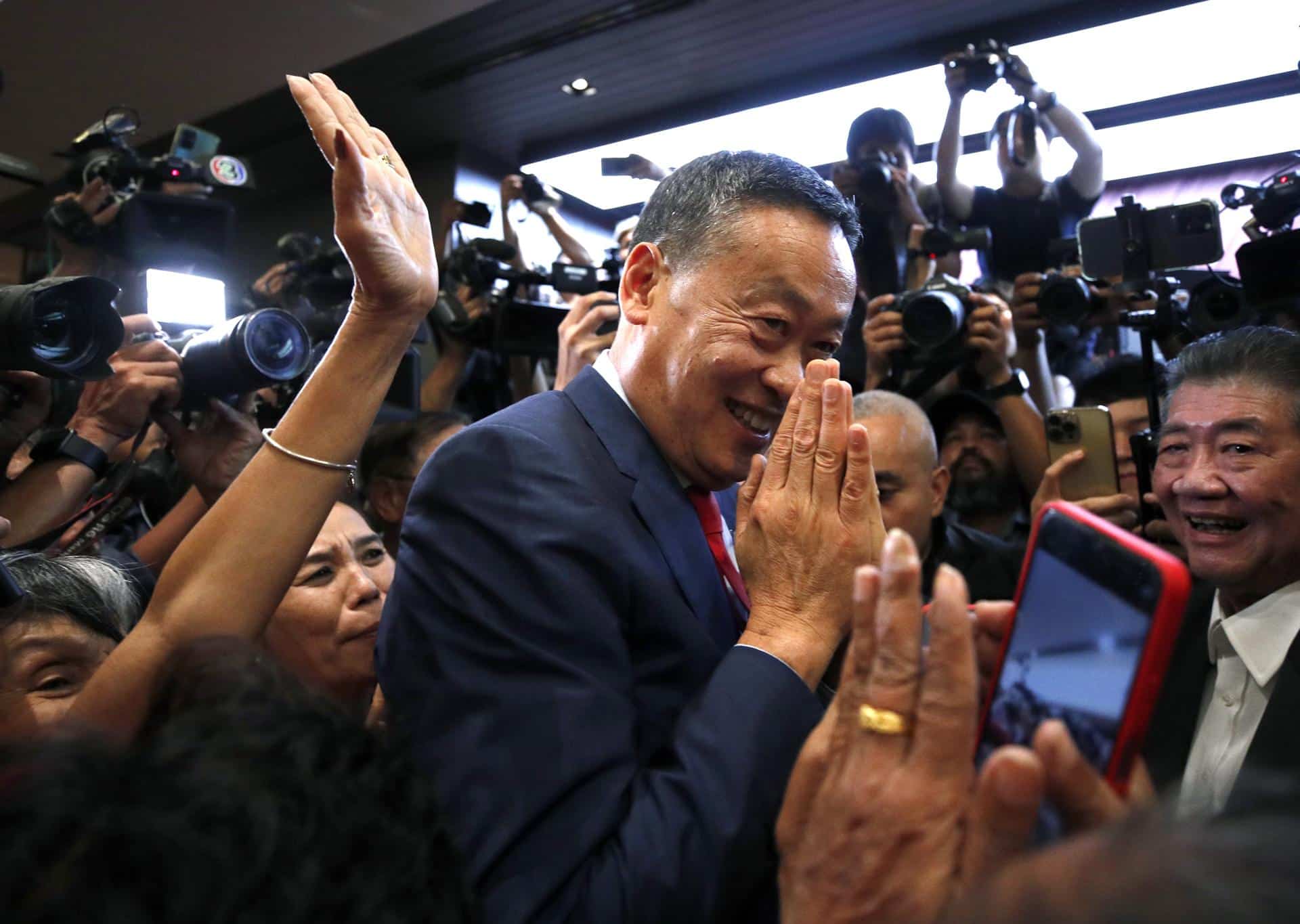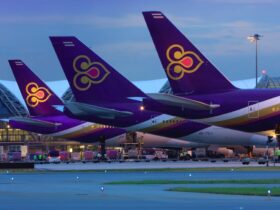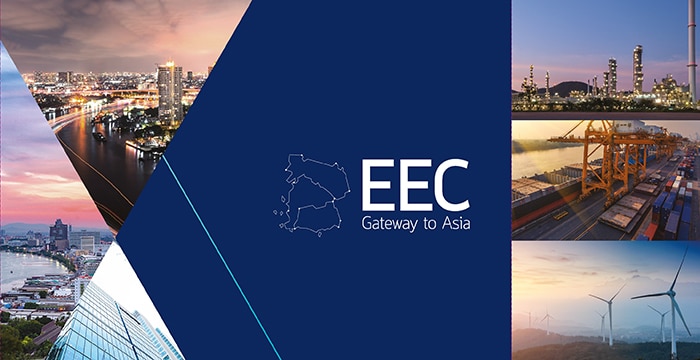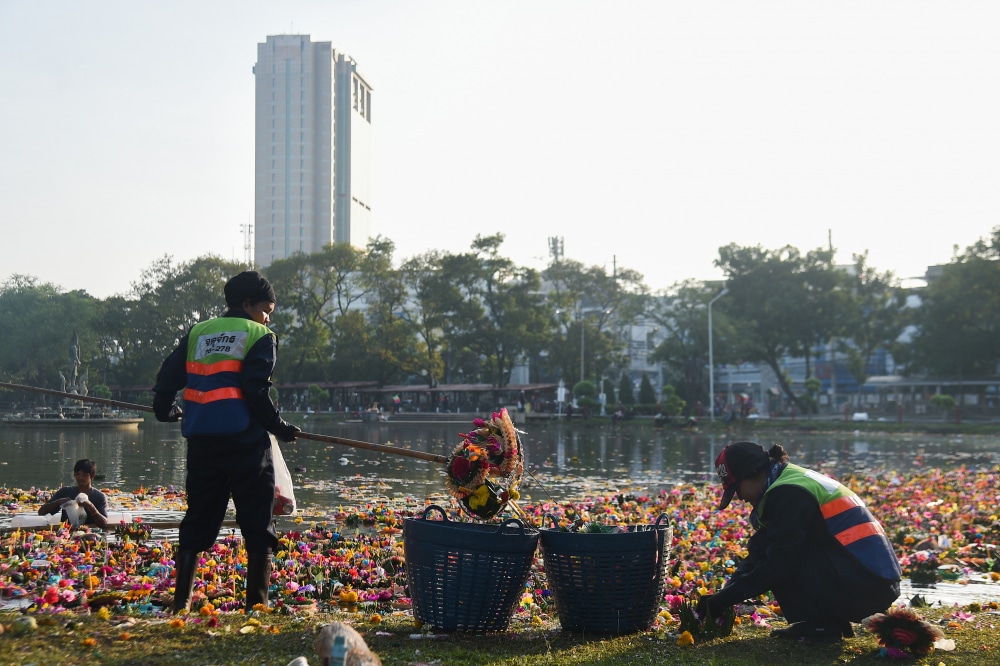Elephants have long been respected in Thailand’s culture and ancient beliefs, and they have come to represent the nation. They have made major contributions to the nation by using their strength and intelligence for a variety of reasons, including transportation, fighting, and supporting heavy labor.
In the past, elephants were used as beasts of burden to transport heavy timber from the forest. This was mostly because of their extraordinary capacity to move through impenetrable forests, where even the most advanced machinery had difficulty.
However, the government outlawed logging in 1989 in response to worries over deforestation. Elephants underwent a symbolic shift as a result of this action, when they were accepted into the tourism and entertainment industries as performers.
Thailand is home to 4,000 elephants kept in captivity in traditional and commercialized elephant camps, and the population is growing as a result of breeding, according to research done in 2021 by the World Animal Protection (WAP) organization.
To be elephant-friendly
According to the WAP, the majority of elephants kept in captivity in the camps are exploited and tortured on a physical and mental level. The jumbos have little access to their herd, inadequate space, and poor nutrition while living in subpar welfare circumstances.
They are born to be a part of a social society, just like humans. They also have their own civilization. Yet, they must be removed from their herd in order to transfer one elephant to the training camps, according to Hatai Limprayoonyong, a campaign manager for wildlife at the WAP, Thailand.
Many elephant camps struggle financially, which results in inadequate care for the animals. According to her, returning rented elephants back to their local owners and bringing them back when tourists return is a usual solution for the lack of visitors.
The need to treat elephants with respect and not utilize them for human enjoyment was emphasized by Ms. Hatai. “The whole cycle treats elephants like a product but truly, elephants are a part of the wildlife,” she stated.
The group promotes a switch to places that are friendlier to elephants. The WAP’s elephant-friendly regulations specify that elephants should not participate in activities like riding and bathing since they might be dangerous for tourists and stressful for the elephants.
“We lack elephant-handling expertise. It will be hazardous for the tourists if we wash them and they act in some way, but we misinterpret their behavior for happiness and carry on.
The WAP submitted a business case in 2017 to assist around 15 regional elephant camps in converting to elephant-friendly locations. One example of a changeover that was successful is Chang Chill in Chiang Mai, which benefited from funding and counseling.
“Transformation is not a one-night miracle; it took the organization six months to reconstruct the infrastructure with elephant-friendly standards,” she said.
Visitors are currently only permitted to watch elephants at Chang Cool from a secure distance. Riding, bathing, and other stressful activities for elephants have been prohibited for the protection and welfare of both elephants and people.
The regulations that stop the number of captured elephants from growing tightly forbid cruel methods like breeding and training.
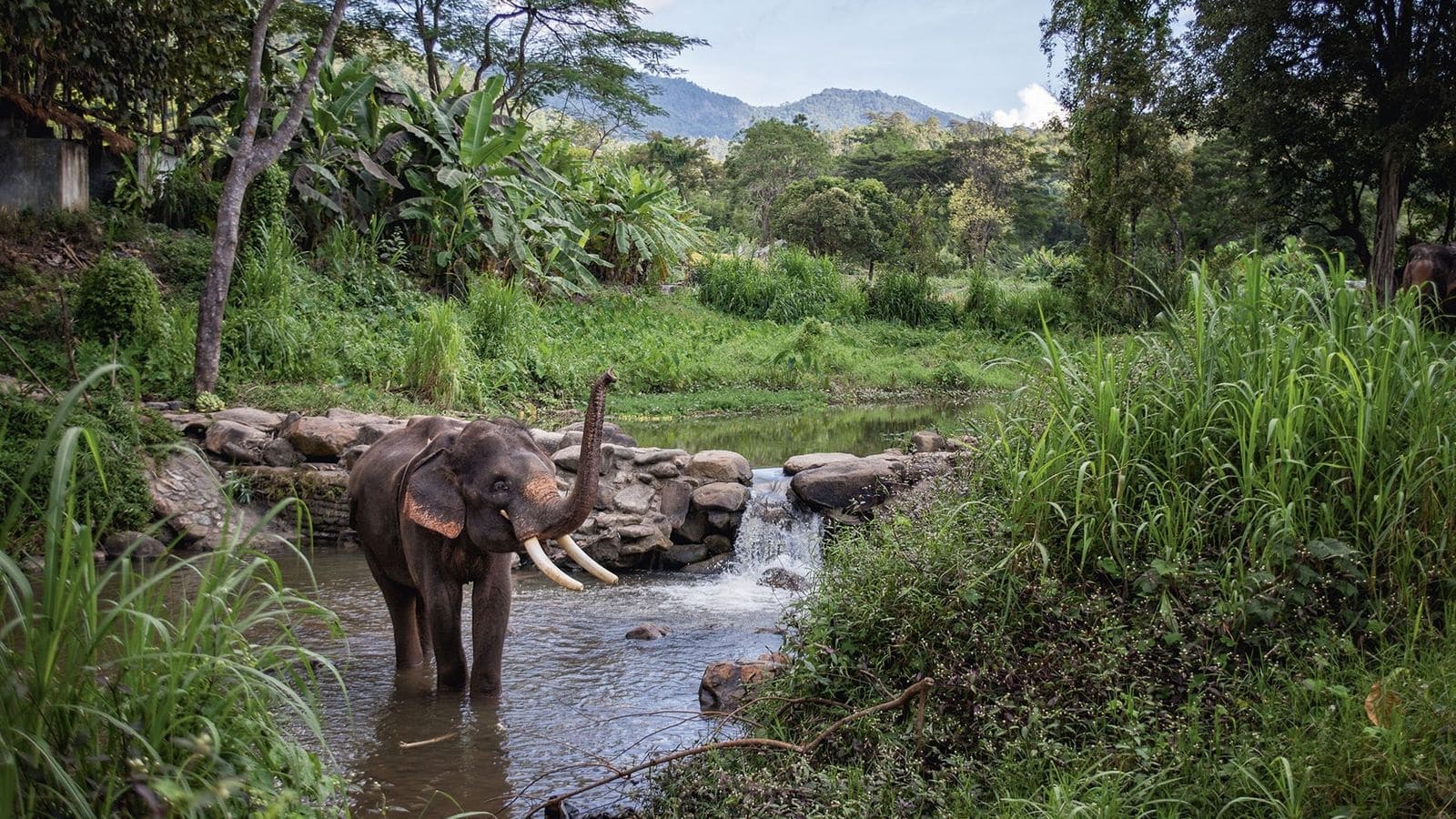
Exploiting the law
With assistance from other non-governmental organizations (NGOs), government employees, and several individuals, the WAP produced a bill at the beginning of 2022.
The intention was to stop commercial breeding, use of brutal training techniques, and the capture of elephants.
“But regrettably, the legislature was dissolved at the start of this year. Our next goal is to collaborate with the new administration to pass this legislation, which will, in our opinion, significantly improve the welfare and living conditions for elephants kept in captivity in Thailand “Ms. Hatai added.
Elephants are classified as either wild or tamed under Thai law. The latter is covered by the Beast of Burden Act and allows for private ownership, opening up opportunities for domestic abuse against captive elephants. Exportation, which happens for a variety of reasons, including claims of educational objectives and as diplomatic gifts to strengthen bilateral relations, is thought to be one of the loopholes, she said.
According to Ms. Hatai, exploitation occurs at every stage of exportation. The captive elephants go through harsh training prior to the sourcing stage, which compels them to behave differently than they would in the wild.
Several elephants are at serious risk of dying during the export procedure. For those who do, the lack of government oversight creates a problematic scenario because it is typically unknown how the elephants are doing. Hence, she noted, it frequently falls on NGOs to track these elephants and ensure their welfare.
Call for action!
To minimize the number of elephants in the business, the WAP is promoting an end to commercial elephant breeding. Also, she added, the organization intends to support initiatives aimed at enhancing the welfare of captive elephants at the locations where they are housed.
To avoid erroneous beliefs about elephants’ intellect and forced performances, she continued, it is important to spread awareness of the inhumane acts that take place in commercial settings.
Elephants should live in the natural, Ms. Hatai continued. “We want the elephants currently in captivity to be the last generation to be so that the cycle of captivity comes to an end.”






